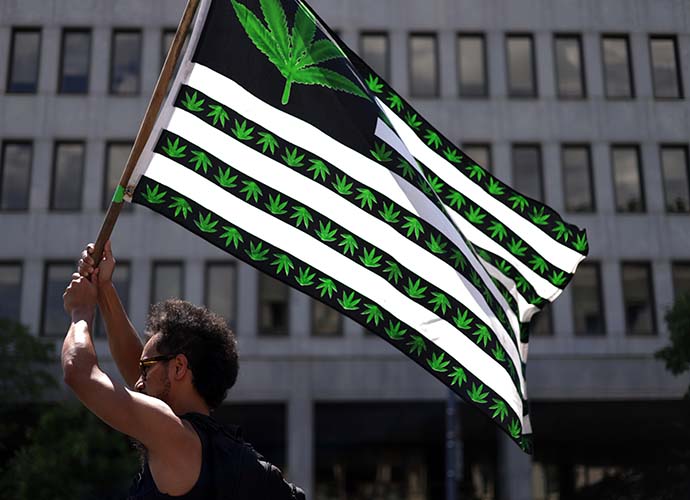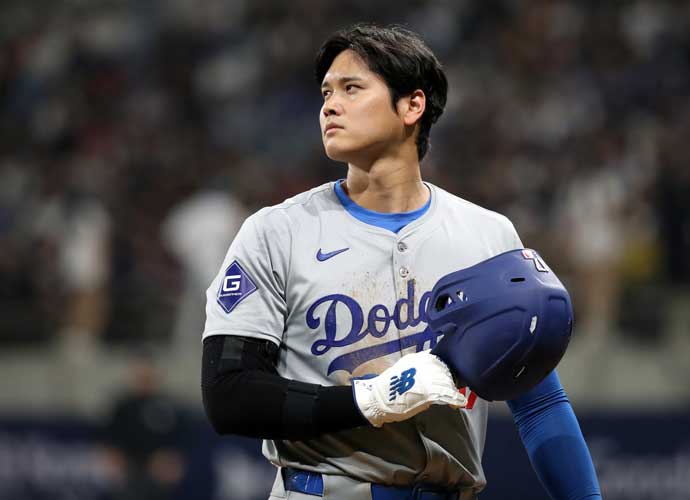Hugo Chavez Dies At 58, VP Nicolas Maduro Is Interim Successor
Hugo Chavez's death has been met with mourning and political unrest as Venezuela prepares to select a new president in 30 days. In the meantime, Venezuela’s Vice President, Nicolas Maduro, will preside in accordance to the late Chavez’s wishes.
Disorder immediately broke out after the news of Chavez’s death was revealed on Tuesday, as people feared for the future of their country. Although the reigning President of Venezuela had battled with cancer since 2011 and had undergone multiple surgeries, his death still stunned his people. In an attempt to calm both supporters of Chavez and that of the opposition, Maduro said, “We must unite now more than ever,” according to CNN.
Former presidential candidate and opposition leader Henrique Capriles Radonski shared Maduro’s sentiment as he stated, “This is not the time for difference. It is a time for unity. It is the time for peace.”
Flags will fly at half-mast at Venezuelan embassies around the world as the country enters into seven days of mourning during which all schools and universities will be closed. On Wednesday, Chavez’s remains will be taken to a military academy in Caracas where he will lie in state for three days. His funeral will take place there on Friday morning, Foreign Minister Elias Jaua said in an interview broadcast on state-run VTV.
After the last day of national mourning next Tuesday, it is assumed that Maduro will begin campaigning. Those on the opposition claim that Maduro had been campaigning for office the last few months, as December brought with it more news of Chavez’s uncertain health. While Maduro had clearly become the face of the government as Chavez was hidden from view, the government refutes the idea that the Vice President was getting a jump on his campaign. Although there has been no official word on who will represent the opposition in the upcoming election, it is speculated that Capriles, who lost to Chavez in October, is likely to do so.
Chavez’s reign as the President of Venezuela has long been met with mixed reviews. In Ecuador and Cuba he was revered for liberating the poor Venezuelan people, leading both countries to enter into three days of national mourning in his honor. Bolivian President Evo Morales also had kind words for the late South American president. The United States, however, had a chilly relationship with the socialist leader.
"Hugo Chavez was a tyrant who forced the people of Venezuela to live in fear. His death dents the alliance of anti-U.S. leftist leaders in South America. Good riddance to this dictator," said U.S. Rep. Ed Royce, chairman of the House Committee on Foreign Affairs, according to Fox News. "Venezuela once had a strong democratic tradition and was close to the United States. Chavez's death sets the stage for fresh elections. While not guaranteed, closer U.S. relations with [this] key country in our Hemisphere are now possible."
During his life, Chavez held a deep skepticism for the United States. Following statements made by Maduro that Chavez’s illness was caused by intentional inoculation by outsiders, Chavez lofted the idea that the United States might play a part. At a military event in Caracas in 2011, he suggested that the democratic country might have been infecting Latin American leaders with cancer.—Chelsea Regan
Get Uinterview's FREE iPhone App For Daily News Updates here.
Get the FREE Uinterview iPad app here and watch our videos anywhere.
RELATED ARTICLES
Get the most-revealing celebrity conversations with the uInterview podcast!








Leave a comment